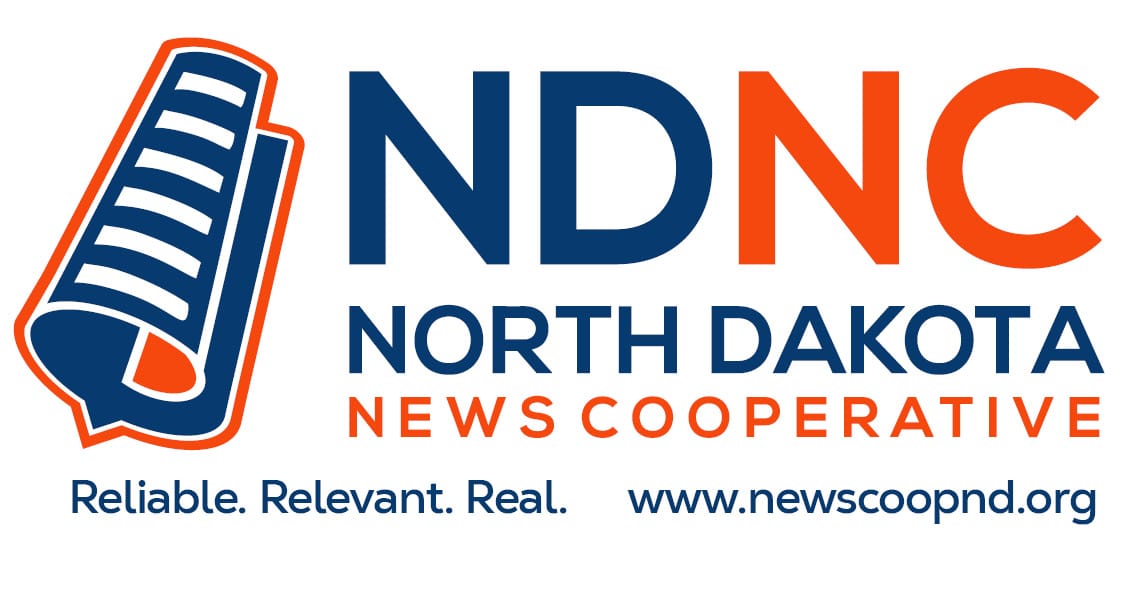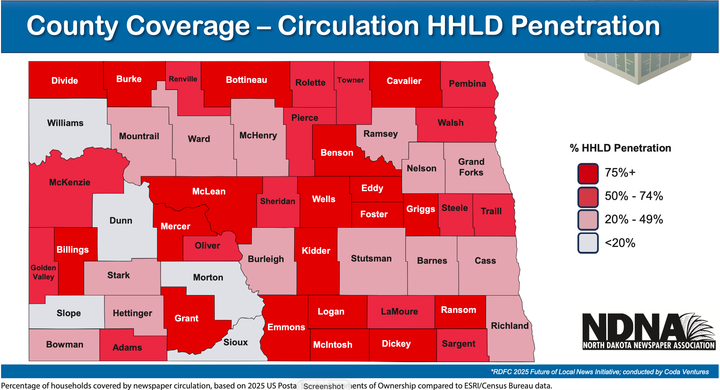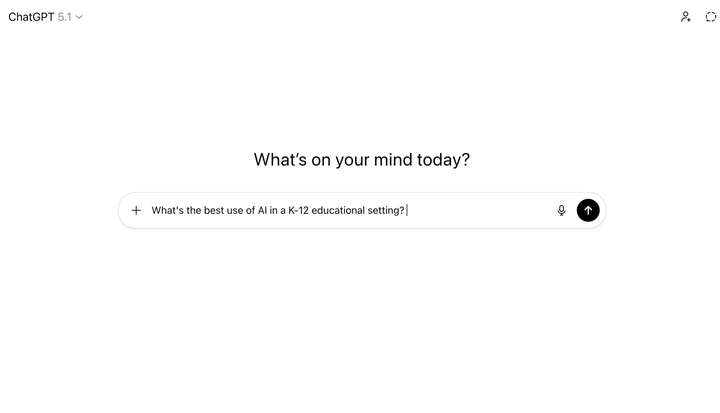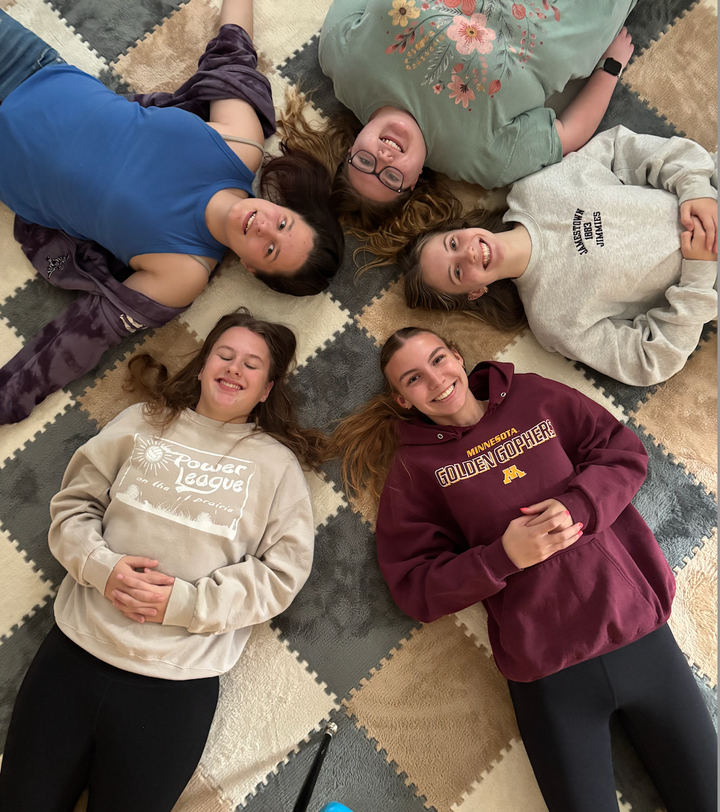$100K fee for H1-B visas has local workforce impacts
New fees could price out schools, universities and hospitals in talent search

School superintendents, long challenged by teacher shortages across the state, are concerned that increased fees for H-1B visas will price them out of attracting foreign teachers to become long-term members in their communities.
The Trump administration implemented a $100,000 fee for new H-1B visa petitions in late September, largely to target major tech companies like Amazon, Microsoft, Meta and Apple – the main companies applying for those visas. The policy does not affect those currently holding H-1b visas.
Some, like New Town Public School District on the Mandan Hidatsa Arikara reservation, could face severe challenges from the policy change.
Over the past five years, the district has petitioned for 42 H-1B visas to bring in teachers, mostly from the Philippines.
Marc Bluestone, superintendent at New Town, said the fee increase would be “devastating” to his school district.
“North Dakota has a shortage of teachers,” Bluestone said. “Nationwide, there’s a shortage of teachers. This is one way to solve it, by having international teachers. This is one way to solve the dilemma so we don’t have 50 kids in a classroom.”
It’s not only the shortage of teachers that’s at issue. Getting them to come to a rural reservation is also a challenge.
“Coming to teach on a reservation isn’t always an attractive place,” Bluestone said. “We go to teacher career fairs and stand there and see like 80 people going to the Bismarck booth and you feel like you have to start begging people to stop by and talk about New Town.”

Widespread impacts
Besides K-12 schools, the policy change would also hit the two major research universities as well as healthcare facilities reliant on those visas to attract professionals and supplement their workforce needs.
Over the past five years, the University of North Dakota and North Dakota State University led with the most H-1B petitions, at 148 and 134, respectively.
Among school districts, Grand Forks petitioned for 64 H-1B visas, New Town was second with 42, followed by Dunseith with 14, and Divide County with six over the past five years.
Others, particularly smaller schools in rural areas, had a handful of petitions as well.
One of those is the Mott-Regent Public School District.
“I don’t believe any public school in the country is going to be able to afford $100,000,” said Mott-Regent superintendent Zachary Slayton.
Slayton is in the process of hiring a music teacher for the school district from the Philippines on an H-1B visa. He said the district is lucky it filed before the new fee went into effect.
“Hopefully, we’ll have him here within the next two weeks,” Slayton said.
Slayton said the district has often used J-1 visas to fill teaching positions they can’t find candidates for locally, but these aren’t ideal. Teachers can only stay three years on a J-1, with a maximum of five years if extensions are granted.
“I don’t want to let any of my J-1 visa teachers go home,” Slayton said. “If I could keep them all here, I would. One of them was the county teacher of the year two years back. They’re all amazing educators.”
Hoping for waivers
Penny Morin, superintendent at Tate Topa Tribal School in Fort Totten, said that because the school is a Bureau of Indian Education school, it was notified it would get a waiver on the fee. The school currently has more than 20 teachers from the Philippines on either J-1 or H-1B visas.
Educators at other schools are hoping they can get waivers as well. New Town, since it is not a BIE school, would not currently qualify, according to Bluestone.
Aimee Copas, executive director of the North Dakota Council of Educational Leaders, said the organization has reached out to North Dakota’s congressional delegation to share stories from local educators about how the policy could impact them.
“Mostly, those (H1-B) teachers exist in our smaller school systems, and their budgets really don’t have that flexibility,” Copas said.
Other schools using the visas include Pingree-Buchanan, which had difficulty finding a licensed math teacher for grades 7-12 until hiring a teacher from the Philippines on an H1-B visa this past January.
The district is currently trying to hire a K-12 music teacher on an H1B visa, but the process ground to a halt in late September when the fee change went into effect.
Gackle-Streeter also recently went through the H1-B visa process to hire a business teacher from South Africa. The position would have gone unfilled if the fee had been in place last spring, according to testimony shared by Copas.
Other schools in Kenmare and Warwick indicated they were trying to bring back teachers who had taught there on J-1 visas through H-1B visas. The schools are concerned the fee change could impact those processes.
Nick Archuleta, president of North Dakota United, a group advocating for public educators and employees in the state, said the visa fee doesn’t only impact K-12 education.
“We’ve got two wonderful research universities in our state and we’re happy to have them, but they also bring in educators from outside the country, international teachers, professors and others doing research,” he said. “So, this is a very big concern for education across the state, regardless of whether it’s K-12 or higher education.”
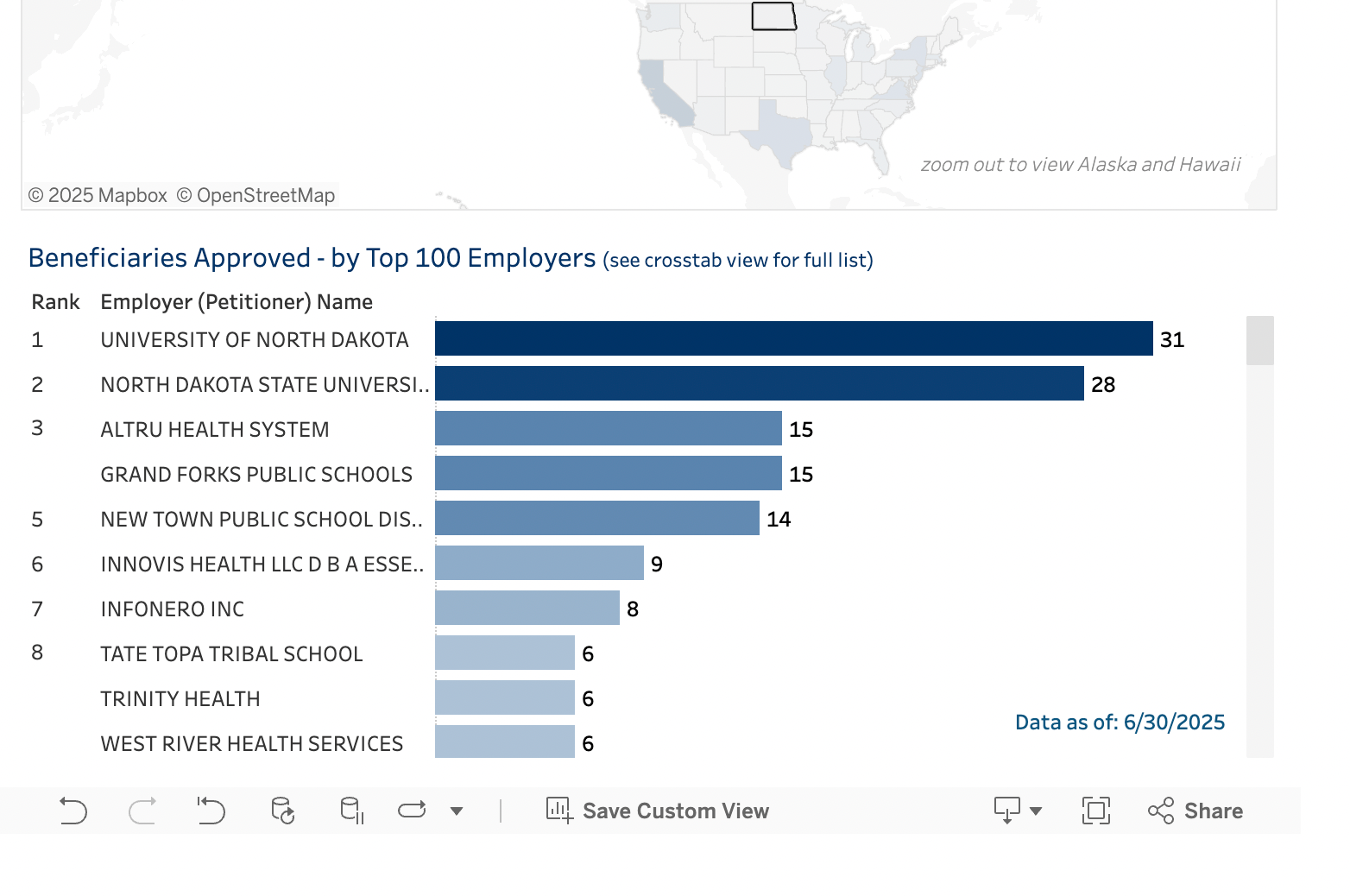
A statement from an NDSU spokesperson said the university, like many research universities, relies on international talent to support its academic and research mission.
“We’re aware of the proposed changes to the H-1B visa program and are monitoring the legal proceedings closely. While it’s too early to assess the full impact, international talent continues to play an important role in contributing to our students’ education and the advancement of research,” the statement said.
A spokesperson with UND indicated that the administration was unable to comment on the policy at this time but is monitoring the situation.
As for the K-12 level, recruiting challenges necessitate the hiring of international teachers, Archuleta said.
“It’s been so difficult to recruit teachers to some of the more geographically isolated areas and retain them,” Archuleta said.
J-1 visas are a “revolving door” while the H-1B visas allow for more continuity, he said.
“I don't know of any that could afford $100,000 out of their operating budgets to pay for an H-1B visa for one of their teachers,” Archuleta said. “That money just doesn't exist where these folks are coming to work.”
Potential challenge for hospitals
Healthcare institutions are also reliant on H-1B visas for staff like doctors, nurses and therapists.
In the past five years, Altru Health System had the highest number of petitions among healthcare facilities in the state at 41. Others, like Trinity Health, had 32, and CHI St. Alexius Health had 17, just to name a few.
“This will impact hospitals at some point going forward,” said Tim Blasl, president of the North Dakota Hospital Association. “It will impact recruiting efforts.”
Blasl said he’s been working with the American Hospital Association, which has been lobbying the Trump administration for carve-outs related to healthcare staff.
The U.S. Chamber of Commerce, the largest business group in the country, has also been outspoken about the change and filed a lawsuit on Oct. 16 to challenge the new H1B visa fee.
In North Dakota, Arik Spencer, CEO and president of the Greater Chamber, said H-1B visas play an important role by helping employers fill critical skills gaps and remain competitive in a global economy.
“The recent decision to impose a $100,000 fee on all H-1B applicants raises serious concerns, as it risks placing this essential resource out of reach for many employers—particularly small businesses,” Spencer said.
CDL licenses revoked
In a separate policy, federal rules on Commercial Driver Licenses (CDL) were changed in late September to restrict most foreign nationals from driving commercial trucks or school buses.
Only holders of employment visas H-2B, H-2A, and E-2 can now acquire or retain CDL licenses.
According to the North Dakota Department of Transportation, the state issued just over 51,000 CDLs in 2024, with the average over the past decade around 50,000 issued per year.
An NDDOT spokesperson said it had sent 190 letters to individuals in North Dakota revoking their CDL in compliance with the new rule.
That’s not a huge number overall, but for New Town Public School District, it is a major blow.
Superintendent Bluestone said that three of his staff on H-1B visas, who also trained to get CDLs, had to turn in their licenses in recent days.
“These teachers went through the legal process of learning how to become bus drivers last spring, and we spent over $3,000 in training, and they all got their licenses and they’re safe bus drivers,” Bluestone said. “So that means our district, which is already short on bus drivers, just lost three bus drivers.”
Bluestone said the district has 13 routes and only two substitute drivers – his wife, and himself – but he’s currently unable to substitute due to a medical condition.

Michael Southam, a founder of the group FM Volunteers for Ukraine, a group that assists Ukrainian humanitarian parolees as they settle into jobs and communities, said the CDL cancellations have impacted some from Ukraine as well.
“It’s negatively impacting folks here,” Southam said, adding that one man who lost his CDL has now planned to move to another state with his wife and American-born child, while the Ukrainian he personally sponsored also lost his CDL.
“The individuals I know read, speak, and understand English,” Southam said.
All testing for CDL licenses in North Dakota is conducted in English.
The North Dakota News Cooperative is a nonprofit news organization providing reliable and independent reporting on issues and events that impact the lives of North Dakotans. The organization increases the public’s access to quality journalism and advances news literacy across the state. For more information about NDNC or to make a charitable contribution, please visit newscoopnd.org. Send comments, suggestions or tips to michael@newscoopnd.org. Follow us on Twitter: https://twitter.com/NDNewsCoop.

